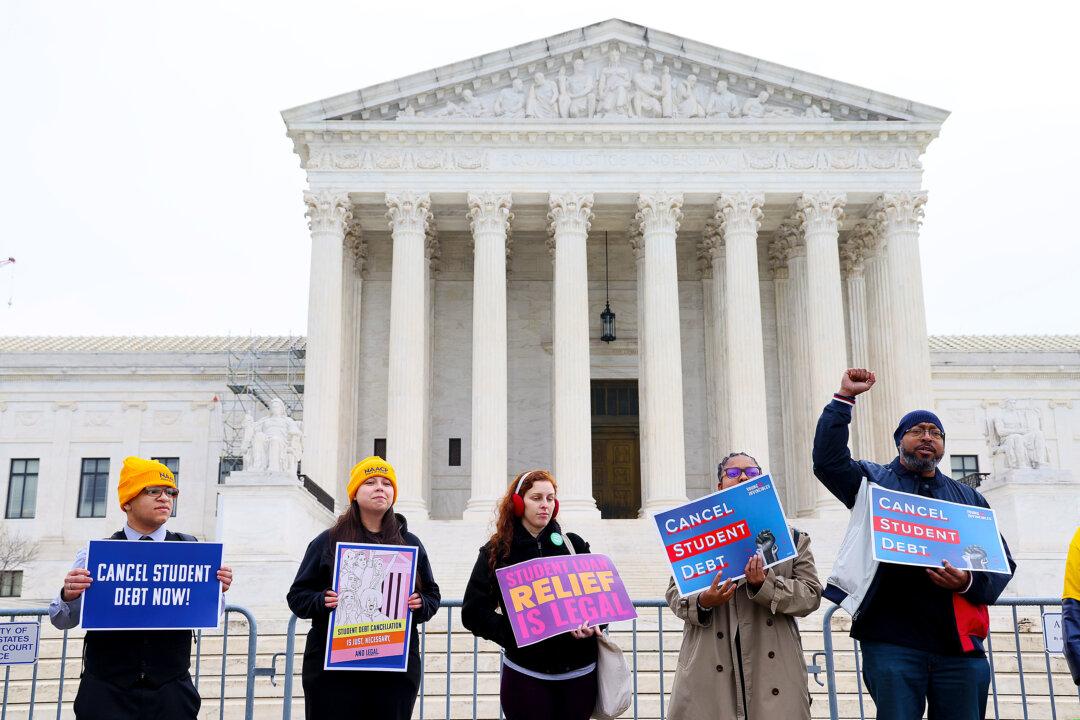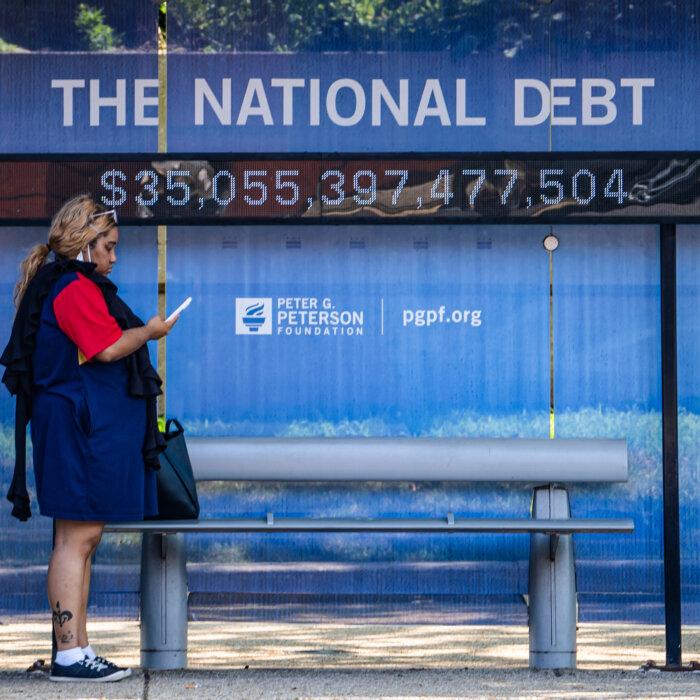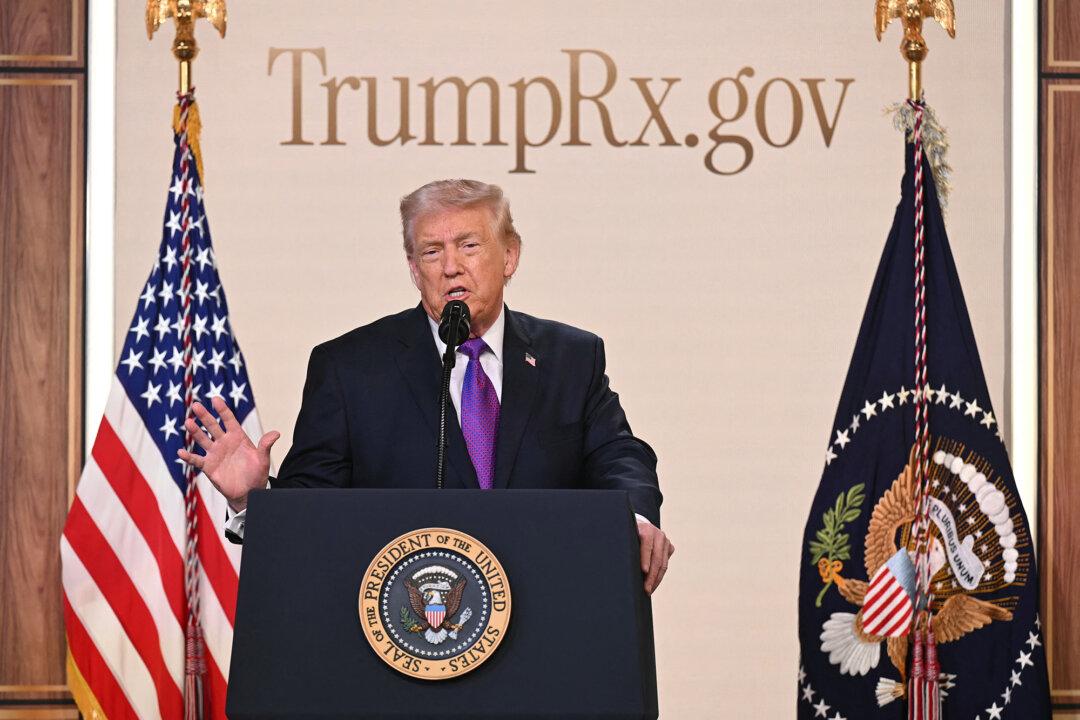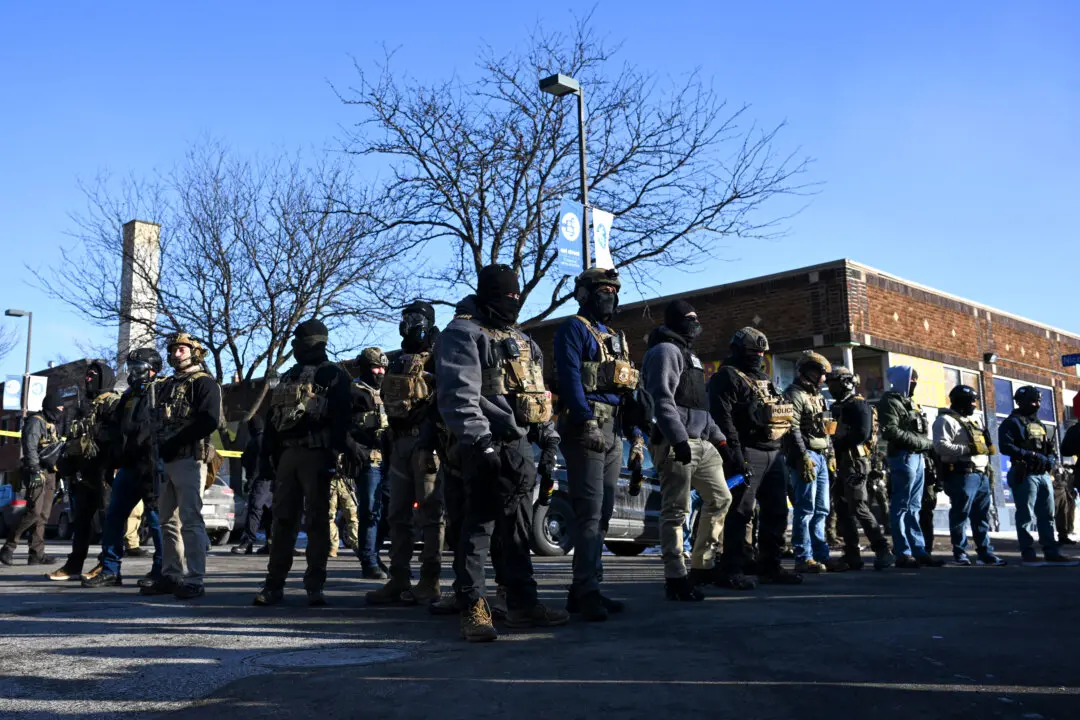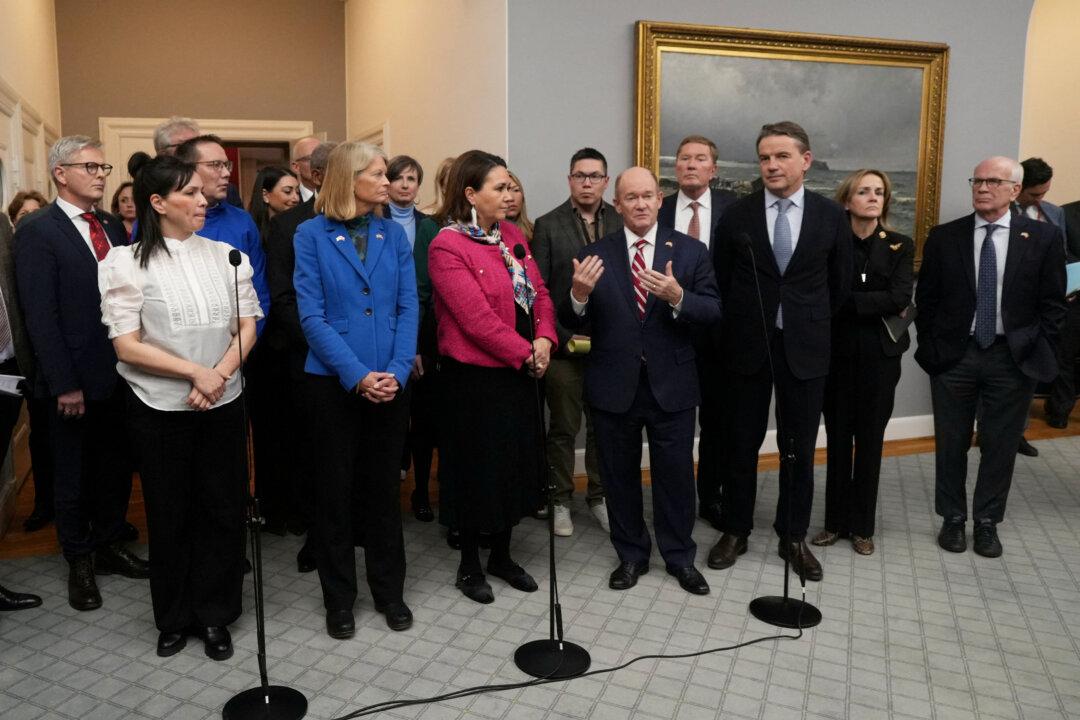The Supreme Court has maintained the suspension of U.S. President Joe Biden’s student loan relief programme, which aimed to extend payment periods and potentially forgive debts of up to $12,000 (£9,100).
The Aug. 28 ruling is another blow to Biden’s $475 billion (£360 billion) relief plan, part of his campaign promise to relieve millions of students of debt, giving a win to Republicans who tried to block it.
The decision means the payment remains in limbo for 8 million borrowers as the courts battle it out.
A number of Republican-led states in April 2024 sued Biden over his implementation of the Saving on a Valuable Education (SAVE) plan, calling it an overreach of his authority.
Part of Biden’s campaign promise was to offer relief to 43 million Americans by canceling a portion of the $1.6 trillion (£1.2 trillion) in federal student loan debt.
The nation’s highest court in June 2023 struck down a broad $400 billion (£303 billion) student loan debt forgiveness plan initially announced by Biden in August 2022, after it had been challenged by several Republican states.
The White House in August 2023 then launched the SAVE plan, calling it “the most affordable repayment plan ever created,” with some parts taking effect in February 2024, while others were set to take effect in July. So far 8 million people have signed up for it.
The administration estimated that the plan would cost taxpayers around $156 billion (£118 billion) over 10 years, but Republican attorneys general have argued that its actual cost totaled around $475 billion.
Several states then sued the federal government saying that Biden had exceeded his legal authority, arguing that the SAVE plan was no different from the debt relief plan that was blocked previously by the Supreme Court, and that it would ultimately be financially damaging to their states.
Two judges in Missouri and Kansas handed down rulings in June. The Missouri judge blocked the government from giving out any additional debt relief under the programme, while the Kansas judge ordered the prevention of SAVE’s implementation of further parts of the programme which had been due to come into effect on July 1.
The new action by the Supreme Court came after the Biden administration filed an emergency application on Aug. 13 for the Missouri ruling to be lifted.
In the argument of their ruling, conservative justices referred to the major questions doctrine, a safety measure laid out by the Supreme Court based on the understanding that Congress often tends to delegate authority on certain decisions to agencies, but if an agency seeks to decide on an issue of national significance this responsibility should be sent back to Congress.
Missouri Attorney General Andrew Bailey hailed the Supreme Court’s decision not to lift the freeze on the SAVE plan.
“This is a huge win for every American who still believes in paying their own way.”
